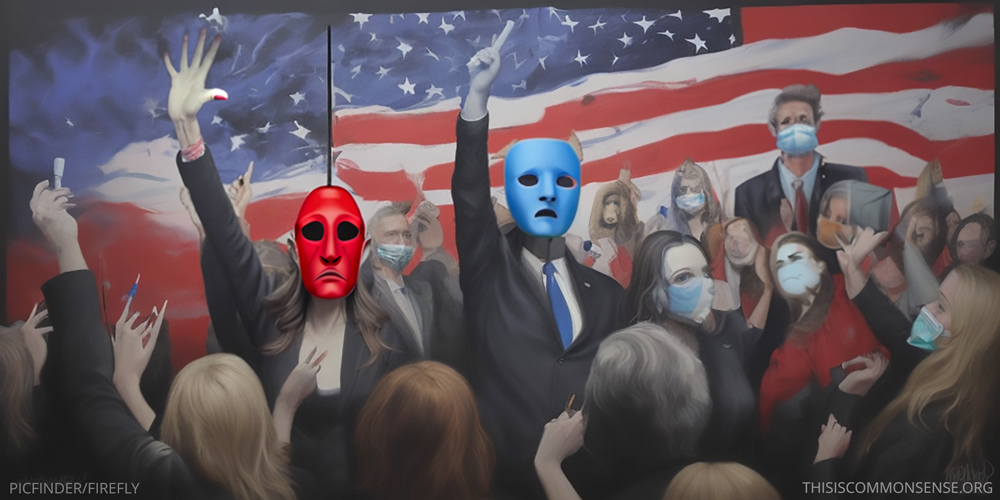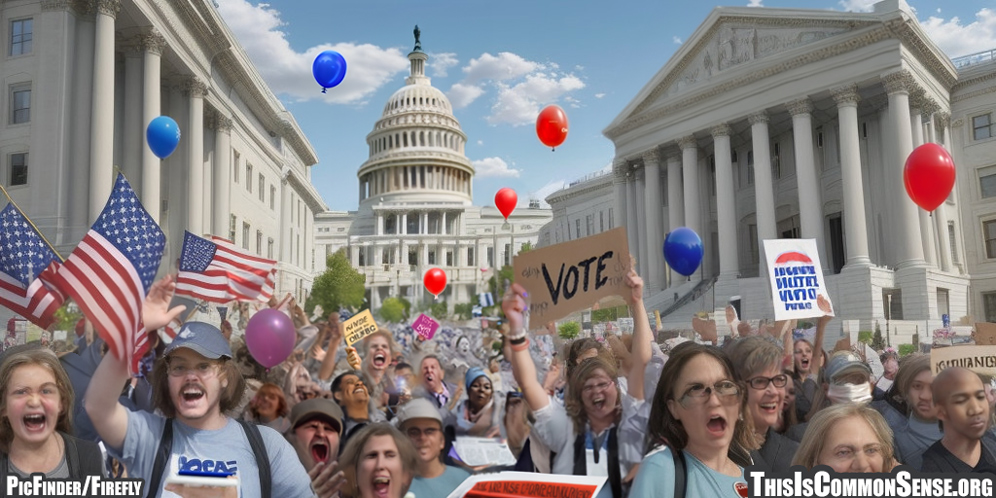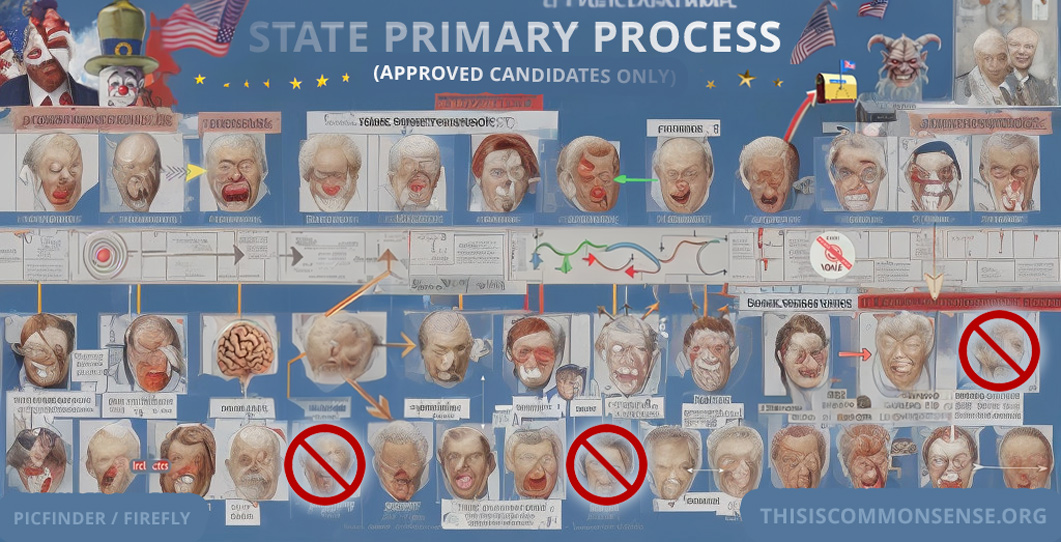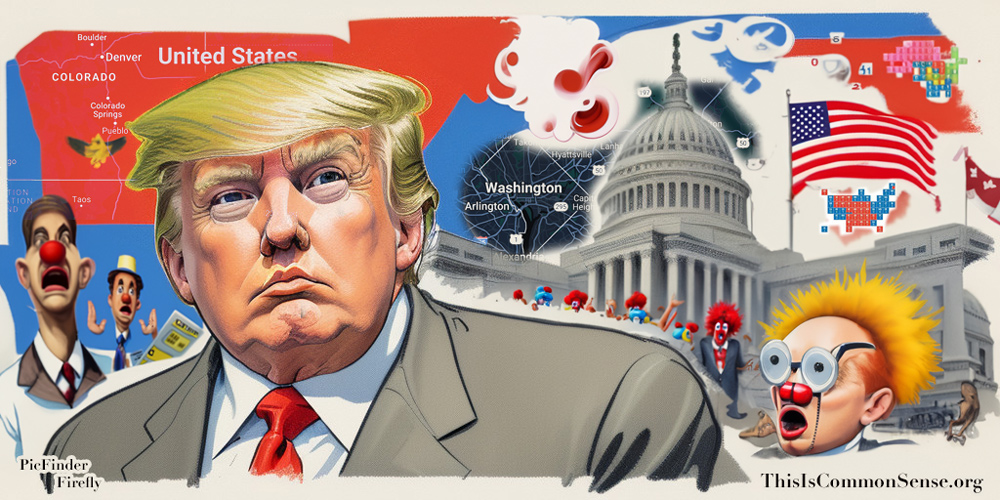“Would you agree that incumbent protection is one of those?” Supreme Court Justice Samuel Alito asked Janai Nelson, president and director-counsel of the NAACP Legal Defense Fund, arguing in the congressional redistricting case Louisiana v. Callais.
One of what, you ask?
Alito was referring to the High Court’s 2023 ruling in Allen v. Milligan, where it declared: “A district will be considered reasonably configured if it comports with traditional districting criteria.”
Yes, Ms. Nelson acknowledged: “Incumbent protection has been considered a traditional districting criteria.”
That whopper stood out from the rest of the debate. While it certainly wasn’t the focus of this redistricting case heard by the Supremes on Wednesday, in this political Twilight Zone in which we reside — this crepuscular nightmare — let me submit for your consideration that we have just identified a rather large thumb placed on our electoral scales.
The aim of elections is not to guarantee any particular outcome. Yet, protecting incumbents means seeking a very, very particular outcome.
Elections should make sure that — above all else — the voting public shapes the government.
Definitely not that the government shapes the public.
By drawing fancy lines for districts.
The founders worried most about monarchy and anarchy, kings and chaos. But they realized that three classes were especially dangerous in republics: secure government workers (“job holders”; bureaucrats), factions (partisans; special interests) and protected politicians (incumbents). To hear, from the highest court in the land, that the regular practice of creating and revising legislative districts routinely “and of course” protects incumbents can only lead to one conclusion:
Redistricting needs a full-scale, fundamental change.
This is Common Sense. I’m Paul Jacob.
Illustration created with Krea and Firefly
See all recent commentary
(simplified and organized)
See recent popular posts









